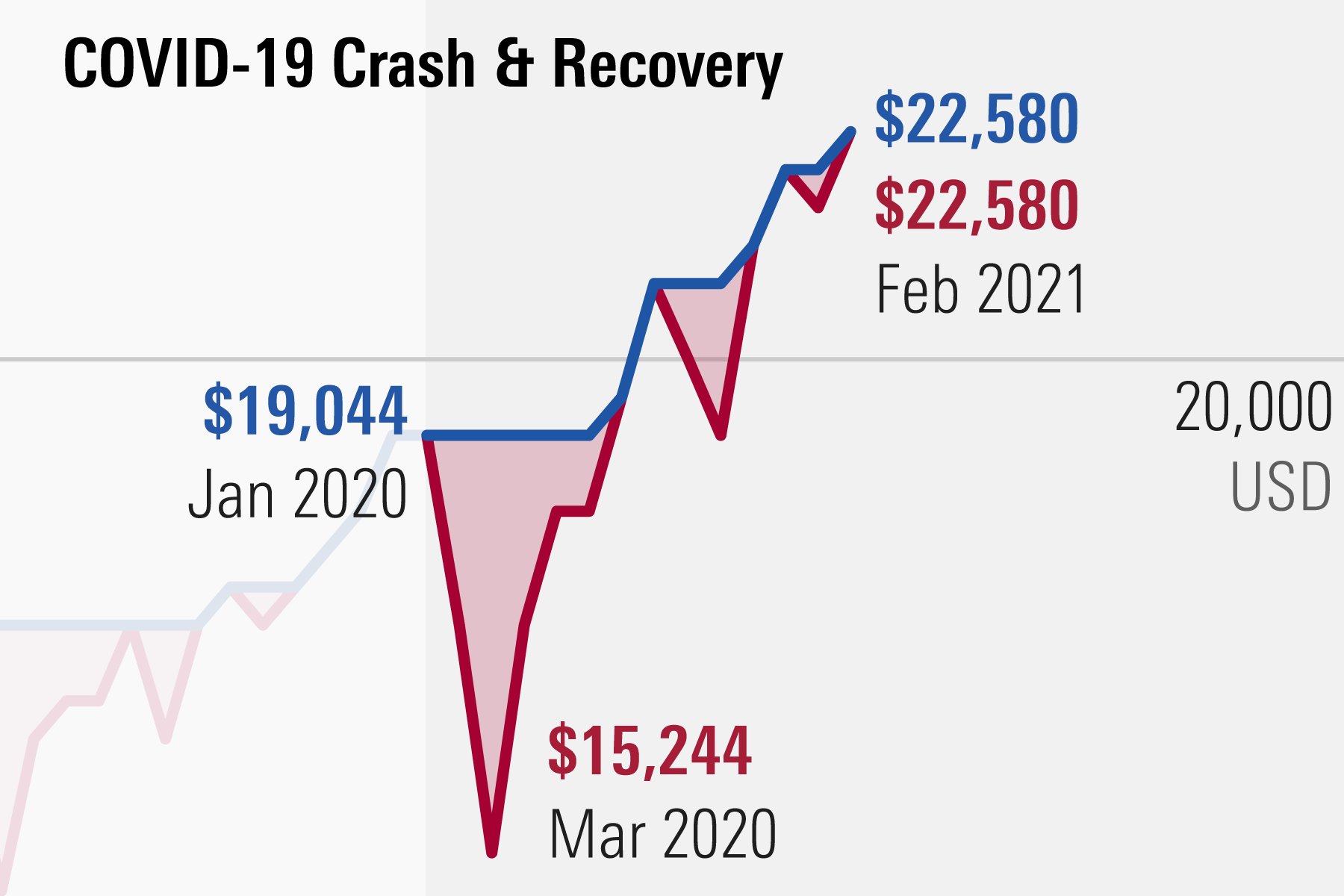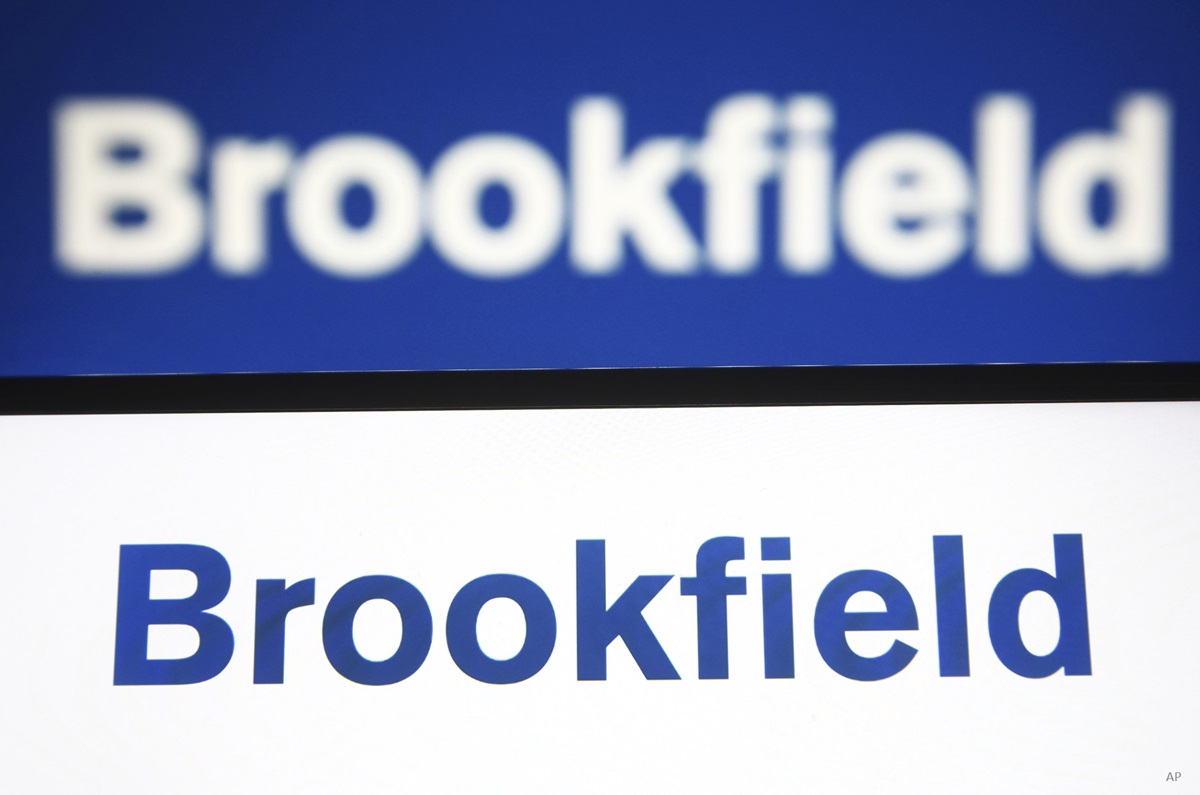
Last week, Rogers Communications agreed to acquire Shaw Communications in a cash deal for nearly $26 billion. In contemplating how this transaction affects his fair value estimate, Morningstar analyst Matthew Dolgin pointed out that his two foremost considerations were the seemingly rich premium Rogers paid and whether the deal is likely to get regulatory approval. “We believe approval is more likely than not, and we raise our Shaw fair value estimate substantially to reflect our probability-weighted view. From a broader point of view, we believe this deal would benefit each of the big three national wireless providers, so we think Telus and BCE are winners, as they get the benefit of an improved market structure without taking on the risk that Rogers is,” he said.
But while the deal will work out great for investors, especially dividend investors for whom Canadian telecom companies have often been darlings, we think Canadian internet and phone users are worse off.
“The potential impact on consumers might be reduced options for telecom providers and limited innovation within the market (as it can reduce competition). It may also result in collusion among such companies to raise prices. These are some of the concerns we’ve seen captured in our incidents, more specifically, it was highlighted during the T-Mobile/Sprint merger,” points out Christine Ha Kong, ESG Research Manager, Morningstar Sustainalytics
Long-Term: Prices Likely to Rise
The sense seems to be that prices will rise going forward. “In general, I expect wireless pricing to be less promotional, so essentially trending up over time, but that is probably longer term. For the next few years, probably not much changes, and the government would still be interested in making a competitive market and has regulation as a constant threat,” Dolgin said.
“Everyone expects prices will go up sooner or later because of this merger. This entire move is about taking options away from us as consumers. I’m currently a Freedom Mobile customer because I did not want to do business with the Big 3 - and I will lose that option,“ said Matthew Hatfield, Campaigns Director at OpenMedia, a non-profit advocacy organization working to encourage open and innovative communication systems within Canada.
This monopoly situation rarely leads to better outcomes for investors. In fact, Morningstar Sustainalytics notes that the telecom industry experiences one of the highest rates of intellectual property (IP) litigation, and the second-highest median damages awarded for patent litigation, surpassed only by biotech/pharmaceuticals.
A Global Problem
“The telecom industry is exposed to Business Ethics risks associated with corruption, IP litigation and anti-competitive practices. A telecom’s expansion plans are limited by its ability to obtain spectrum licences. Companies have been implicated in bribery cases regarding spectrum licences, resulting in exits from markets, millions in legal fines and lengthy investigations,” the Morningstar Sustainalytics report notes.
“Furthermore, it continues, telecom companies face anti-competitive lawsuits for alleged abuse of dominant market positions, such as artificially lowering prices temporarily or restricting services to drive competitors out of the market. Investigations and litigation following allegations of abuse of market dominance are common in the sector, resulting in legal and regulatory fines ranging up to hundreds of millions of dollars,” Ha Kong says.
“There are also regulatory concerns in the US and EU around “net neutrality” laws passed in 2015, which make it illegal for internet providers to prioritize some content over others. Many telecommunication service companies have openly opposed this legislation,” the report notes.
For Canada in particular, it’s the rural communities that might be the worst hit.
Rural Canada: No Internet Access?
Hatfield warns that over the longer term, the merger is bad news for rural and under-serviced areas.
“In rural markets with only one provider - and that’s a lot of rural markets - there’s very limited incentive for that provider to continue to invest in improving service and dropping costs. Rogers is promising some limited rural buildout funding to increase rural service in some areas in the short term, as part of trying to buy some support for this deal. But that locks people into the stagnant single provider service many rural folks already live with,” he said.
Hatfield added that Canada needs to be thinking not just about buildout now, but the years ahead where capacity must keep increasing to keep pace with the pace at which the Internet develops and data needs increase.
“For customers of Freedom Mobile specifically - not other Shaw Internet - they’re promising a 3-year price freeze. But what happens after that? It might happen faster for home Internet, and a bit later for mobile customers, but a major incentive here for Rogers is clearly that by absorbing a major local competitor, they’ll have fewer real alternatives for us as consumers, they can set higher prices and keep them high,” he warns, adding that we’ve seen for decades that without adequate competition, companies will simply refuse to do that buildout in lower profit markets like rural Canada unless expensively subsidized by the government to do it. “If this merger is approved, that trend is just going to get worse,” he warns.
Will the Deal Go Through?
We think it will. “This deal requires approval from multiple Canadian regulatory bodies, and while there are reasons regulators might prefer the firms remain separate, we don’t believe they have a strong case to block it. Most importantly, the companies are not major competitors--80% of Shaw’s revenue and 90% of its EBITDA come from its wireline business, which has essentially no overlap with that of Rogers. In wireless, we estimate Shaw has only 4%-5% national market share, leaving it a minor player based on that metric,” points out Dolgin.
Hatfield promises that if the deal goes through, it won't be without a fight. “Unfortunately, the Competition Bureau does not have a strong track record of stepping in to block these kinds of acquisitions -- having barely ever done so in its history. But given the size and scale of this particular deal, this one won't be an easy sell,” he adds.
Dolgin thinks the argument regulators could make to block the deal would focus on the wireless business. “Regulatory actions and rules of spectrum auctions indicate regulators prefer four national wireless competitors, and Shaw has made major strides in recent years to position itself as the fourth. Although Shaw’s wireless business remains relatively tiny, it has shaken up the industry. Most notably, we think it is responsible for moving each of the major companies to offer unlimited data plans and keep pricing down with its consumer-friendly and innovative deals. Shaw is not a fourth major wireless competitor based on customers and is unlikely to ever be, but it has affected the industry as one would. We believe eliminating Shaw could mute wireless competition,” he adds.
What Can You Do About It?
At this point, for investors in Rogers and Shaw, blocking the merger at a shareholder level is very unlikely. “Shaw and Rogers are both family-controlled. No shareholders outside of the families have enough power to change any decisions,” Dolgin said, adding that if the government takes comments from the public, there’s likely to be an opportunity for consumers to weigh in.
“As consumers, we’re a long way from having enough telecom options even before this merger - and as voters and citizens, we need to demand our government fix it,” Hatfield says, “We hope investors raise their voices with our government as citizens and voters. This reduction in competition is plainly bad for us, as individuals and as a country - and our government needs to hear it.”
For now, that seems like the only option.
The Rules of Responsible Investing
Understand how ESG regulations affect investors and managers in our latest report








.jpg)












